Organisation Wiki
More and more organisations take action on cybercrime.
It is essential that organisations cooperate to make best possible use of resources available. International organisations are therefore invited to share their approach on cybercrime, resources and tools. You may use the following guiding structure:
Overview and objectives | approach on cybercrime | legal instruments | Institutions and bodies | key activities | resources and tools | sources and links.

African Union Commission

ASEAN
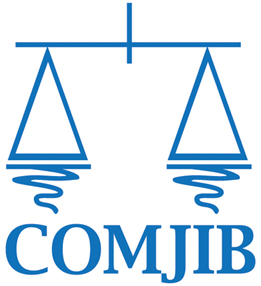
COMJIB
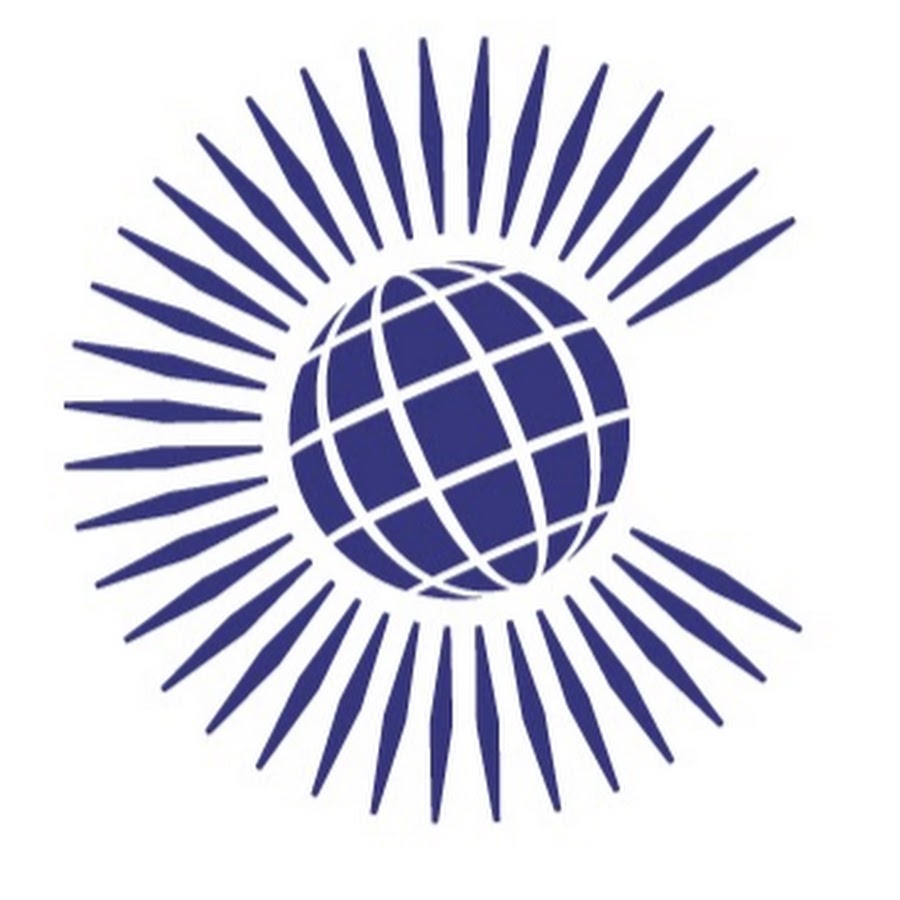
Commonwealth Secretariat
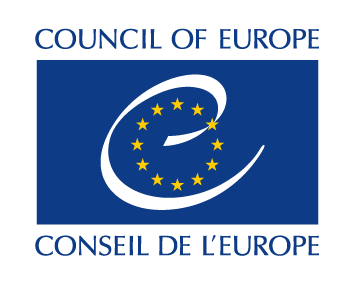
Council of Europe
The Council of Europe is based in Strasbourg, France, and comprises 47 member States. The primary objectives are to promote human rights, democracy and the rule of law
Considering that cybercrime undermines the core objectives of the organisation (human rights, democracy and the rule of law), the Council of Europe supports measures against cybercrime by:
- Setting common standards, including in particular the Budapest Convention on Cybercrime. This treaty is open to any country.
- Following up on the implementation of these standards, in particular the Cybercrime Convention Committee (T-CY)
- Supporting countries in the implementation of these standards through a range of capacity building projects worldwide. These projects are managed by the dedicated Cybercrime Programme Office of the Council of Europe (C-PROC) in Bucharest, Romania.
Website: www.coe.int/cybercrime
Legal Instruments
The most relevant legal instrument of the Council of Europe in this field is the Budapest Convention on Cybercrime. In addition to European countries, a number of states in Africa, the Americas and Asia/Pacific are parties, signatories or have been invited to accede.
The Budapest Convention is complemented by an Additional Protocol on Xenophobia and Racism.
Work is also in progress on negotiation of a 2nd Additional Protocol on enhanced international cooperation and access to electronic evidence in the cloud.
A number of other legal instruments are of relevance:
- Lanzarote Convention on the Protection of Children against Sexual Exploitation and Sexual Abuse (CETS 201)
- Data Protection Convention 108 and its Protocol (ETS 181), and modernised Convention 108+.
- Convention on Laundering, Search, Seizure and Confiscation of the Proceeds from Crime and on the Financing of Terrorism (CETS 198)
- Convention on the Prevention of Terrorism (CETS 196)
- Medicrime Convention (CETS 211)
Institutions / bodies
The Cybercrime Convention Committee (T-CY) represents the State Parties to the Budapest Convention. In addition to representatives of Parties to the Convention as members, it includes as observers states that have signed or been invited to accede to this treaty as well as a number of international organisations. Functions of the T-CY include:
- Assessing the implementation of the Budapest Convention by the Parties
- Preparing Guidance Notes that reflect the common understanding of the Parties regarding provisions of the treaty
- Devising solutions to new challenges such as problems of jurisdiction and law enforcement access to data in the context of cloud computing.
The Cybercrime Programme Office of the Council of Europe (C-PROC) in Bucharest, Romania, is responsible for assisting countries worldwide in the strengthening of their criminal justice.
Key activities
Meetings of the Cybercrime Convention Committee (T-CY) twice per year.
Octopus Conferences every 12 to 18 months.
More than 240 activities per year under capacity building projects managed by C-PROC.
Resources and tools
- Octopus Community: an online community linking up cybercrime experts from all over the world that participate in Octopus Conferences and other Council of Europe activities against cybercrime.
- Guides and training materials
- Reports
Sources and links
- Council of Europe portal: www.coe.int
- Cybercrime portal: www.coe.int/cybercrime
- Cybercrime Convention Committee : www.coe.int/tcy
- Children: www.coe.int/children
- Data protection : www.coe.int/dataprotection
European Union
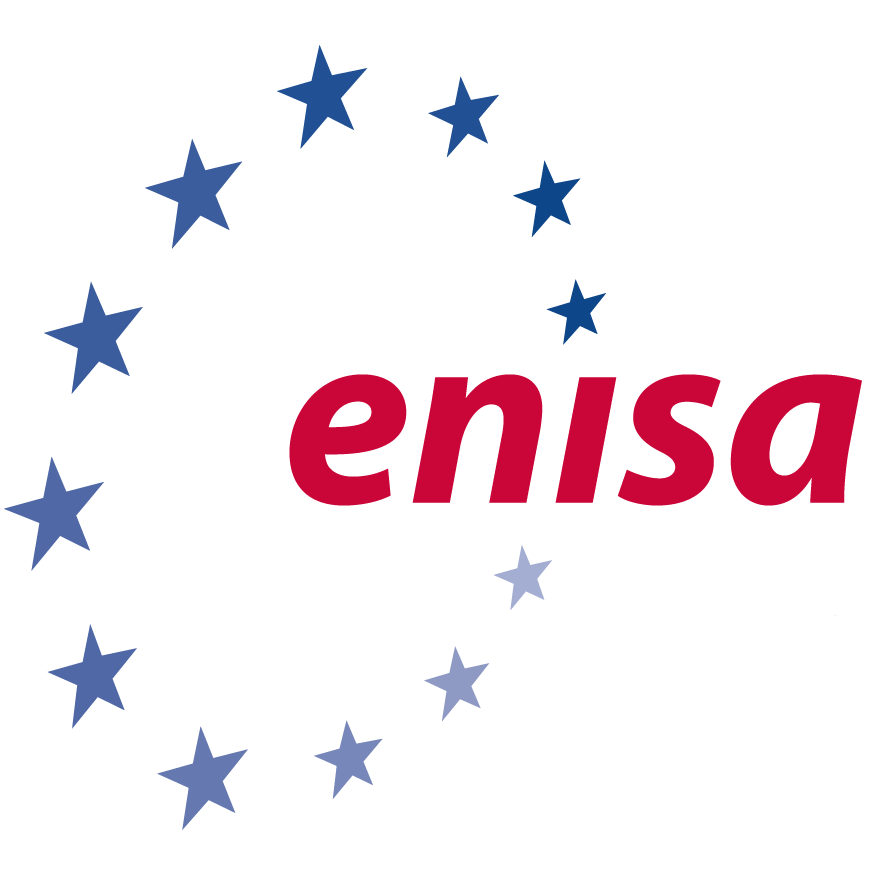
ENISA
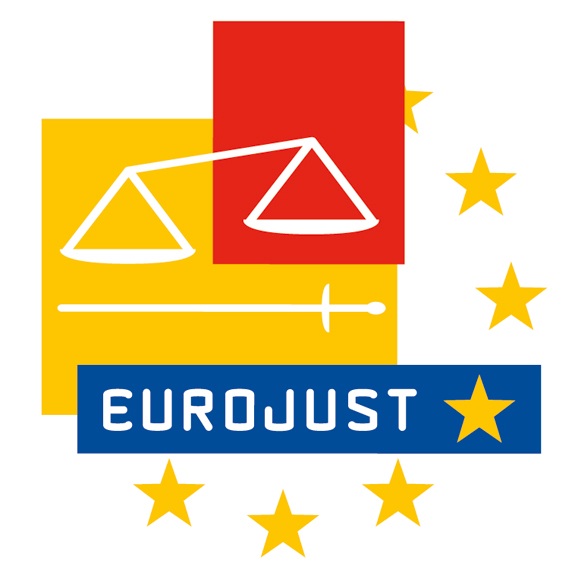
EUROJUST
EUROPOL
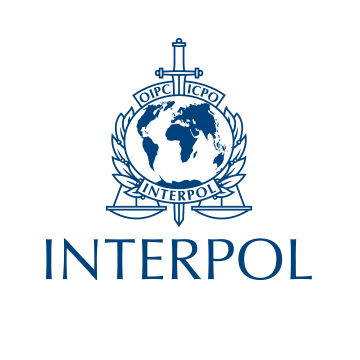
INTERPOL
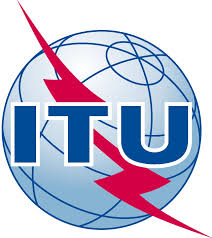
ITU
OAS

OECD
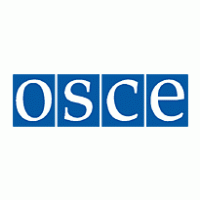
OSCE
Organization for Security and Co-operation in Europe
SELEC
Southeast European Law Enforcement Center
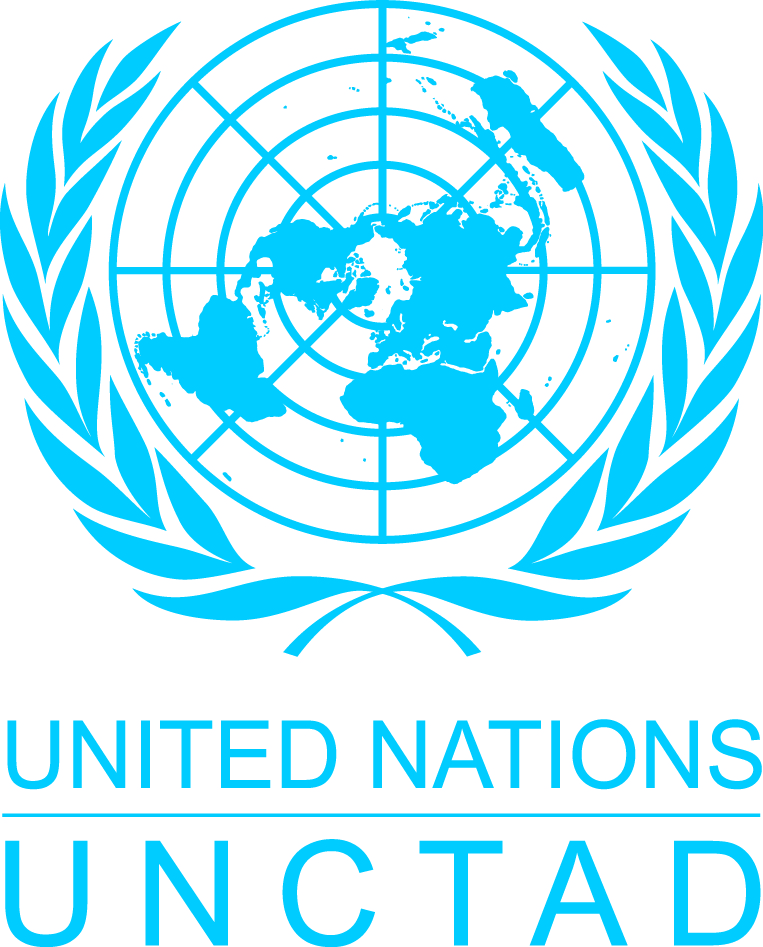
UNCTAD
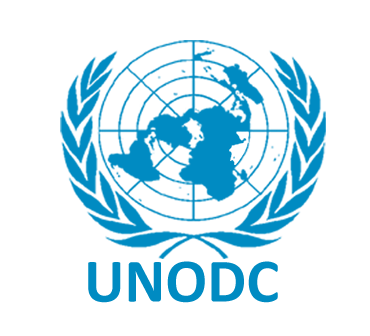
UNODC

Are you aware of the latest legislative or policy developments on cybercrime and electronic evidence?
Share this information with us helping to keep this platform up to date.
- Cybercrime website
- Template: Mutual Legal Assistance Request for subscriber information (Art. 31 Budapest Convention). English and bilingual versions available.
- Template: Data Preservation Request (Articles 29 and 30 Budapest Convention). English and bilingual versions available.


